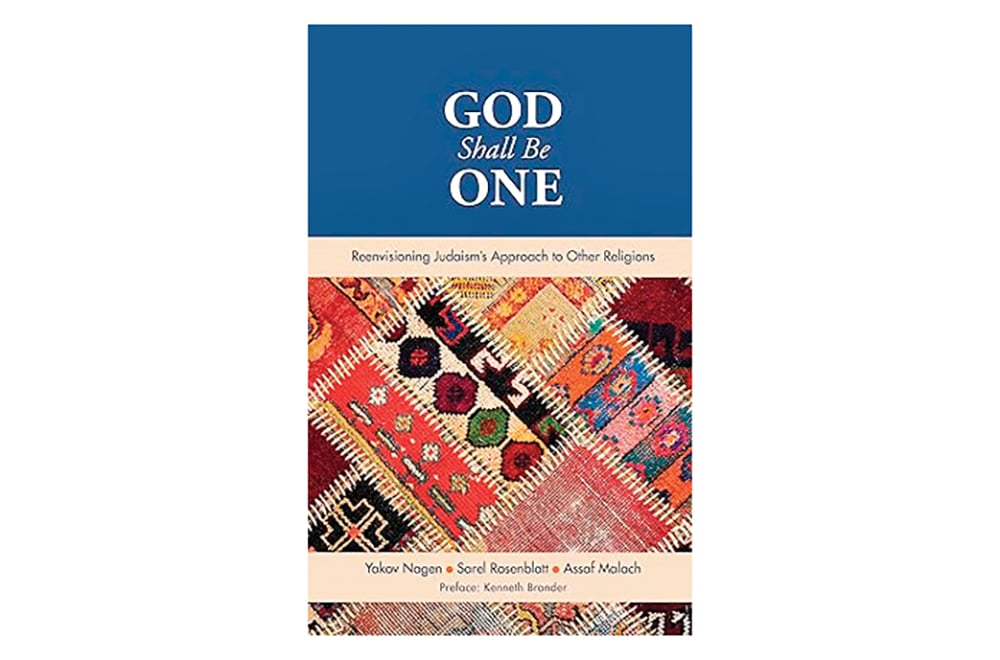
Brian Kriftcher was a Wall Street success. A graduate of the State University of New York at Albany and St. John’s Law School (which he attended at night), he began his career at Cantor Fitzgerald Securities—the firm that suffered most from the 9/11 terrorist attack—and then worked as a counsel at Neuberger & Berman in New York City for two years. He then joined SAC Capital Advisors, the firm that current New York Mets owner Steve Cohen founded and one of the most successful investment firms in the country. Kriftcher quickly rose to become SAC’s chief operating officer.
From there he co-founded Satellite Asset Management, a world-class, multi-strategy investment firm, which also achieved enormous success.
And then… at the age of 40, at a time when many financial professionals are just beginning to hit their stride, he decided to give up his professional career on Wall Street entirely, and devote all of his time to philanthropic work and coaching kids to play basketball, his passion in life.
Kriftcher, who played two years of college basketball at SUNY Albany, believed that he could use the game of basketball as a vehicle to broadly impact young people. He founded Stamford Peace Youth Foundation, an organization that uses high-level basketball instruction, training and competition as well as academic support, to positively influence young people and help them achieve their full potential on the basketball court and in life.
He also became the chairperson of PeacePlayers International, and visited Israel to work with Israeli and Palestinian kids to help bridge their cultural gaps both on and off the basketball court.
All this while serving as president of the Jewish Community Center in Stamford, an organization he continues to support in various capacities.
And he hasn’t regretted the decision at all.
What makes a wildly successful 40-year-old investment professional walk away from a lucrative career in finance to help kids achieve academic success and serve the community philanthropically?
I asked Kriftcher, who lives in Stamford and is a member of Congregation Agudath Sholom, this question. He answered as follows:
“It wasn’t an epiphany. I always had a passion for basketball and coaching. When I coached the kids at the Maccabi Games, it reminded me of how much I enjoyed it. Fortunately, I was in a position where I could reprioritize my career, and turn my passion into a full-time job.”
Kriftcher believes that there has been a silver lining to the COVID pandemic, in that it made people reflect more about what is most important and valuable in their lives. “Many people spent more time with their family and their kids,” said Kriftcher. “And it allowed them to reprioritize their focus on their careers.”
Kriftcher feels that money, while important, does not have to control one’s decision-making. “More is not necessarily better,” said Kriftcher. “Sometimes more is just more.”
Certainly it was easier for Kriftcher to make such a decision than it would have been for others in the community, as the nest egg he had built allowed him the luxury of not having to worry about paying the monthly bills. And I’m not suggesting that people irresponsibly leave their jobs once they turn 40 to pursue a hobby or a passion. However, his story brings up another issue that the Modern Orthodox community must face.
As everyone knows, it’s extremely expensive to live in the Modern Orthodox community in America today. And one of the big downsides to this fact is that Orthodox individuals are driven to higher paying professions such as law, medicine and finance. And, when the career choices of our youngsters are constrained by financial factors, unfortunately there can sometimes be a big cost in satisfaction and happiness.
I cannot tell you how many people I know in the Modern Orthodox community who hate their jobs, yet feel they cannot leave because they would not be able to afford to live the lifestyle that is expected.
Interestingly, the situation is different in Israel. In an article that he wrote several years ago, Elli Fischer mentioned that in Israel creative types (filmmakers, writers, artists and the like) are much more acceptable in the Modern Orthodox community than in the U.S., specifically because the financial pressures of earning a certain amount of money are not as great. An entire generation of Jewishly observant folks in Israel are able to follow their passion and work in the arts without having to worry about how they are going to pay their kids’ tuition.
Here in the U.S., the problem is compounded by the fact that not only are creative folks unable to afford the modern Orthodox lifestyle, but they also tend to be marginalized by others in the community as being irresponsible and viewed as “less than.” And that’s a real shame.
Personally, I feel very lucky right now. When I was in college, I was editor-in-chief of my college newspaper. I had dreams of being a world-famous journalist. I was able to get a low-level job as a production editor at a trade publication after I graduated. However, after two years at the job, with huge competition and little room for advancement, I decided to pursue an MBA in marketing. Once I graduated from business school, I was extremely fortunate to begin a fantastic 40-year career in direct marketing that has been both financially rewarding and creatively exciting.
Down deep, though, I still loved to write…but my writing generally was limited to an occasional letter to the editor and perhaps a short piece on a topical subject for one of the Jewish newspapers. A little more than a year ago, however, Moshe Kinderlehrer, publisher and co-founder of The Jewish Link, offered me the opportunity to write a first-person column every two weeks. Needless to say I jumped at the opportunity.
I count my blessings. Not only am I still working professionally at an age when some folks are retired, but I am also able to pursue a lifelong passion of writing a regular column on whatever topic I feel is important. It doesn’t get much better than that.
Very few people would be fully able to do what Kriftcher did. And most won’t be as fortunate as me in rediscovering a passion and finding an outlet for it. However, I do hope that we are able to encourage our youngsters to explore non-traditional career paths that they personally find meaningful and exciting. And if they choose to become doctors, lawyers or investment bankers, that’s okay too. Hopefully, they will also commit to making some time to engage in other things that they love—and most importantly make an impact and give back to their community.













